We Asked A Veterinarian: Are Airlines Going Too Far In Defense of “Service Animals?”

If 2017 was the year of the dress code, 2018 may turn into the year of the emotional support animal. The opening months of the year were dominated with stories about animals denied boarding, from the “emotional support peacock,” to other exotic animals. Where will airlines – and more importantly, flyers – draw the line when it comes to their furred and feathered friends?
America may have an animal problem.
According to the American Pet Products Association, Americans spent over $60 billion on their four-legged companions in 2017. Additionally, one-third of millennials say that one of their primary reasons for purchasing a home is finding a better space for their dogs – more important than children.
Thus, it may come as no surprise to find the occasional dog or cat aboard our next flight. Airlines spell out policies on how and when animals can travel, including fees and requirements. However, some try to skirt the pet travel rules by declaring their companions as an “emotional support animal.”
Over the last three years, we’ve seen all kinds of animals being passed off as “emotional support” companions. From pigs to peacocks, it’s more than just traditional pets trying to score a free vacation. Are airlines going too far in allowing “emotional support animals” take to the skies? Moreover, it is getting too easy to bring anyone on board for support?
The U.S. Department of Transportation (DOT) defines a “service animal” as: “Any animal that is individually trained or able to provide assistance to a qualified person with a disability; or any animal shown by documentation to be necessary for the emotional well-being of a passenger.”
But that definition has different interpretations. The Department of Justice limits service animals to trained dogs or miniature horses, while the Department of Housing and Urban Development notes a service animal can’t be a pet, but rather one that may “provide emotional support that alleviates one or more identified symptoms or effects of a person’s disability.”
“Service animals are trained to do work or perform tasks for the benefit of an individual with a disability; the ‘work’ the animal does, must be directly related to the individual’s disability,” Dr. Crystal I. Lee, Los Angeles psychologist and owner of LA Concierge Psychologist, explained to FlyerTalk. “For example, if someone has a physical disability, the service animal may be trained to push elevator buttons.”
But training an animal to perform tasks is only part of the conditioning. In order to be certified, these animals must also learn how to behave appropriately in stressful situations.
“If you think of a dog who serves someone who is handicapped…they go through extensive training,” Dr. Kim Langholz, DVM, of Total Bond Veterinary Hospitals in Charlotte, North Carolina, told FlyerTalk. “They aren’t going to be reactive, or get startled easy.”
While there are very real benefits for those who travel with trained disability service animals, the same can’t necessarily be said for emotional support animals. Although experiential evidence suggests support companion include reducing a fear of flying or confined spaces, there are no scientifically proven, peer-reviewed studies to support those claims.
“There’s a well-done study from 2016 in The Journal of Clinical Psychology, and it concluded that there is not enough strong evidence to make a claim that emotional support animals are advantageous,” said Dr. Lee. “So, there’s still quite a bit of research that needs to do be done.”
On the contrary, a peer-reviewed white paper published by the American Veterinary Medical Association revealed serious concerns of assistance animal fraud on airplanes. “Because the ADA does not specify training standards for service dogs and [emotional support animals], there is a market for falsely ‘certifying’ pets as an assistant animal,” the white paper reads. “There are countless online sources that will, for the right price, ‘certify’ a pet as an assistance animal after a brief, online questionnaire. The organization will then send that person a certificate, harness, etc. so the pet will appear like an assistance animal.”
We searched for “emotional support animal certification,” and found numerous websites that would allow us to register nearly any animal (pet or otherwise) as necessary for emotional support. Pricing ranged from around $50 for an emotional support animal “registration certificate,” to $80 for a “basic kit” including a certificate and “emotional support animal” vest. For over $200, a therapist would meet with us over the phone to diagnose the need for emotional support, complete with a money-back guarantee if we didn’t qualify.
When any animal can be classified as an “emotional support animal,” it can make it even harder for those with real disabilities to fly with their service animals. In 2015, a Canadian veteran spoke out against Air Canada after she was almost denied boarding with a support animal. In 2016, a retired U.S. Army captain with tours in Afghanistan and Iraq sued American Airlines, because she was not allowed to board with her service animal, a dog trained to help her with panic attacks associated with post-traumatic stress disorder.
“The problem that we’re seeing is that people are signing forms and allowing people to take their pets with them, it’s making it difficult to people who truly need service animals,” said Dr. Langholtz. “It makes it harder for them to take their animals with them.”
Allegations of discrimination is only half the challenge. In two incidents in 2017 and 2018 – one aboard a Delta Air Lines flight and one aboard a Southwest Airlines flight – emotional support animals actually attacked other passengers and caused physical injury.
In 2015, the DOT briefly reconsidered making changes to the emotional support animal definition after claims of systemic abuse. The changes never went far, as the government still uses the same definition for support animals.
During the same time, airlines have changed their policies for emotional support animals. To fly with an emotional support animal aboard American, Delta, Southwest or United Airlines, a flyer must be diagnosed with an “…emotional disability recognized in the Diagnostic and Statistical Manual of Mental Disorders – Fourth Edition” and must have paperwork from both their mental health practitioner and a veterinarian.
Both the veterinarian and psychologist we spoke to agree that more needs to be done to not only protect the flying public, but animals as well. Without strong lines on what constitutes a service animal, those who could truly benefit from one are put at an incredible disadvantage.
“A pet is not a service animal,” said Dr. Langholtz. “They are not truly an emotional support animal. I think it’s just a travesty that people who truly need these pets are starting to experience difficulties due to the behavior of other individuals.”
“I think most people would agree that faking a physical disability in order to park in a handicap spot is wrong and unthinkable,” Dr. Lee noted. “But, for some reason, a considerable number of people think its okay to fake a disability so they can…bring their pet on the airplane with them for their convenience. Why is that so?”

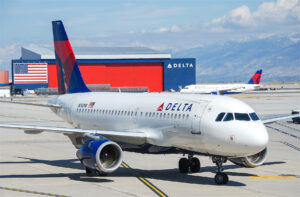
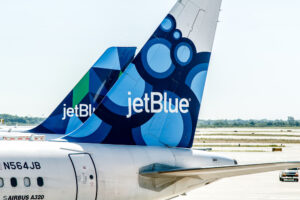
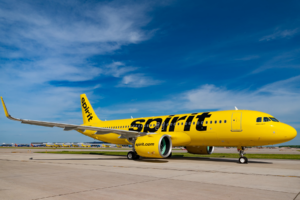















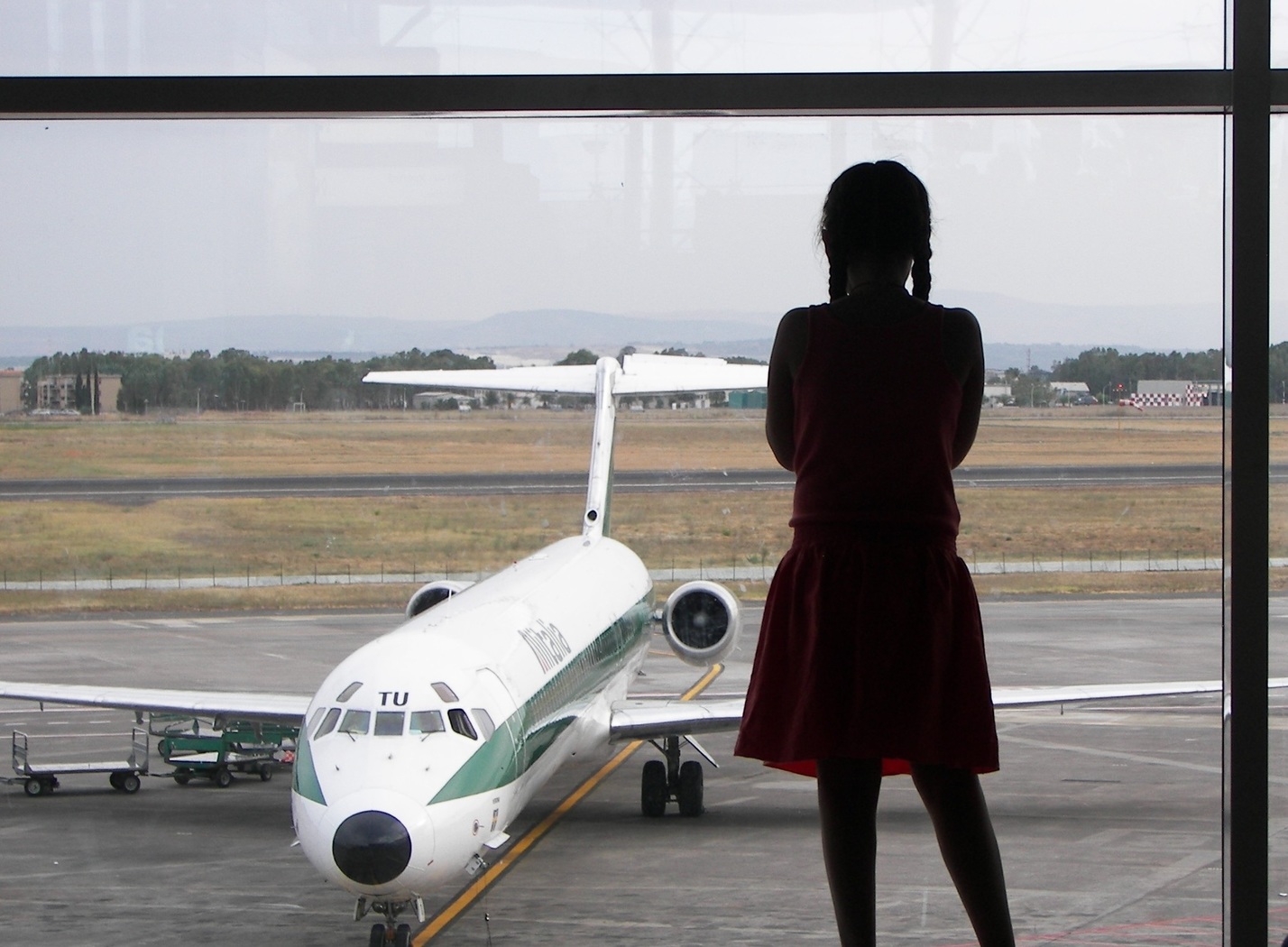
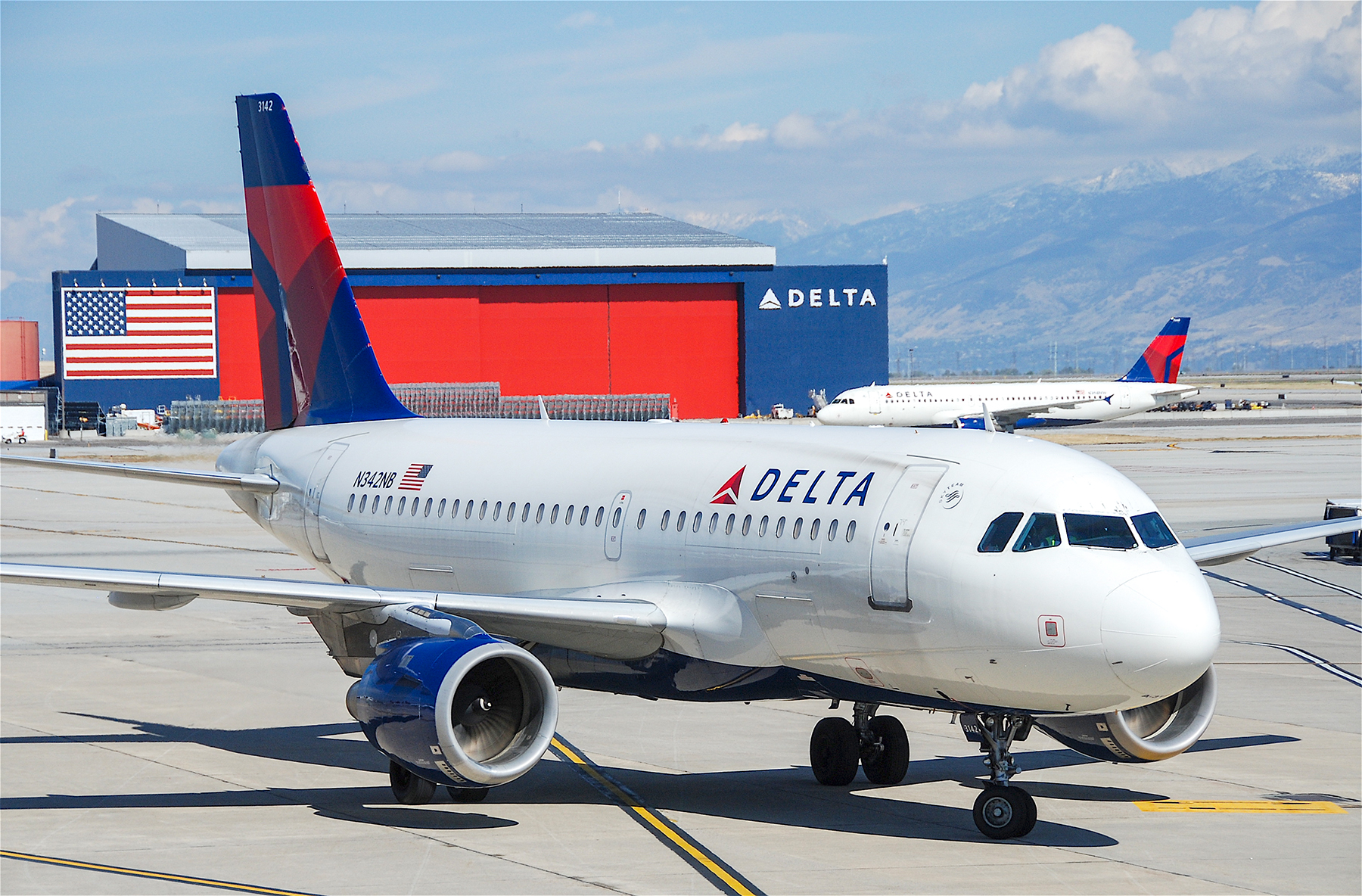


Bottom line: There needs to be a national certification program that recognizes and certifies (a) service dogs (b) therapy dogs and (c) emotional support dogs. People don't know the difference, and every state has different rules.
Well, donaldsc, would you ban guide dogs for the blind from a store to protect the rights of those with allergies? Unless you can answer with an unqualified "yes" then I think you have your answer. And before you start pointing out that the environment is different, etc etc, may I remind you of your own words "people w/o pets or service animals should have more rights than the few people who have service animals". You didn't leave any wriggle-room in there. I hope, for your sake, that you don't (a) end up in a situation where you need a service animal (generally) and (particularly) (b) don't then encounter people (like yourself) with the sort of intolerant attitude that says that just because you need a service animal then you have fewer rights than "normal" people.
Sorry @donaldsc, but allergies aren't higher up the list of items when deciding who has more rights. That being said there is a very real problem with abuse of the system by people who are not truly in need of a service animal. Couple this with every incident of someone being denied anything they feel is their right ending up on social media and causing PR issues for companies. I think if the airlines all got together (ha!) and made a stand they would be applauded by more people than they would criticized by complainers. They can even blame it on the government.
How about the rights of any passengers who are on board who are allergic to whatever beast you claim is a "service" animal. I say that people w/o pets or service animals should have more rights than the few people who have service animals.
We are "dog people", and gave serious thought to certifying our Boys are support animals, so we could fly commercially with them. We would have been prepared to pay for seats for them, they are 65 pounders. In the end, we couldn't justify the dishonesty, and the disapproval of other passengers. Since then, too, we've awakened to the potential for others who suffer from allergic reactions to pet hair. another compelling argument. We have flown their predecessors as cargo, a number of times, without any adverse consequences, but prefer not to, now. I do believe the airlines ought to tighten up their standards, and require legitimate certification of the animal's training and the passenger's need for its presence. Even adequately trained and socialized pets pose challenges, in the terminal, and aboard the aircraft. Ultimately, bringing a dog or cat on a trip, that is too large for "carry-on", is an act of selfishness. There is too much of that in air travel, today. And, I suppose it's fair to observe, in society in general.